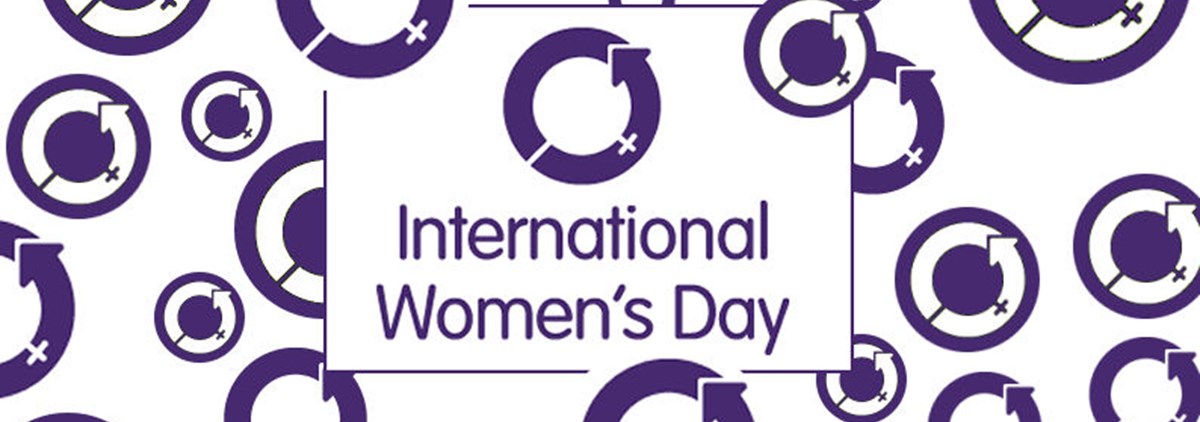This news article is written by Shaniah Royer, a Senior Investigator at SCOAF.
I am honoured to have been asked by the Ombudsman to write an article to mark International Women’s Day (IWD) 2020.

This news article is written by Shaniah Royer, a Senior Investigator at SCOAF.
I am honoured to have been asked by the Ombudsman to write an article to mark International Women’s Day (IWD) 2020. In light of the theme for the 2020 IWD ‘#EachforEqual’, it seems fitting to share some reflections on the importance of men in achieving gender equality.
What is International Women’s Day?
The roots of International Women’s Day date back to February 1909. What was then known as ‘National Woman’s Day’ in the United States, has evolved overtime to a now globally recognised day, 8th of March, to celebrate women’s social, economic, cultural and political achievements. It is part of the global agenda of advancing gender equality.
This year’s IWD theme ‘#EachforEqual’ draws on the notion of ‘Collective Individualism’, which emphasises the need for collective action, by each one of us to foster a gender equal world.
Historically, gender balance has been contextualised largely as a women’s issue and it is commendable that women within both the private sector and the Civil Service alike, have long championed greater equality and justice for women. The Service Complaints Ombudsman has previously written about her mentoring work as a senior female leader within Defence and the importance of empowering young women to pursue careers.
This year’s IWD theme, however, serves as a timely reminder that we each play a role in forging gender parity, including men.
How can men play a role?
Across jurisdictions and cultures, the same factors have been shown to perpetuate gender inequality; unfair treatment, sexual harassment, unequal pay and promotion, and unbalanced domestic duties. Men can play a role in challenging gender norms and expectations both in the workplace and at home.
The role of men in gender equality is one, which resonates with me personally. Growing up in a Caribbean household, with a career driven mother, I saw how my father supported her to achieve that much needed balance between home and professional life. When she took a year off to go abroad to pursue a postgraduate degree, he was there to do the school runs, prepare the meals and even comb my hair – the latter being no easy feat. This level of support was fundamental and enabled the women in my family to prioritise education and attain professional success, even where this meant that my father had to make difficult sacrifices in his own career.
Gender stereotypes, however, continue to hinder men from playing a more active role at home and in many cultural contexts, there is still stigma attached to men taking more responsibility in areas such as parenting and domestic tasks. Initiatives in many organisations such as flexible working for men with caring responsibilities is certainly a step in the right direction, but much more needs to be done in order to normalise the perception of male roles in family life.
In the workplace, men can also play an important part in the professional progression of women. This includes being allies for female colleagues, and as visible role models for other male colleagues. For many women, particularly those in the early stages of their careers or those working in male dominated professions, having male advocates can have a positive impact on their career growth, and ultimately their success.
Given the dearth of women in leadership positions, the focus is too often placed on female leaders to tackle the barriers to inclusion and to empower other women in the workplace. Male leaders are many times well placed to do more to develop talent in women, be it through mentoring or using their influence in decision-making. This would not only shift the demographics of senior leaders but also foster a cultural change in the workplace.
Gender Networks
Diversity and inclusion networks across all walks of life, serve as important platforms for promoting equality and providing a space for colleagues with similar identities and interests to support each other.
In the Civil Service, there are already efforts by a number of different diversity networks to drive action for a more inclusive workforce. This is no different in the Ministry of Defence, which has civilian and military networks, including gender networks. To mark International Women’s Day this year, a number of events will be held across Defence between 02 – 13 March, aimed to inspire men and women alike to work to make gender equality a reality.